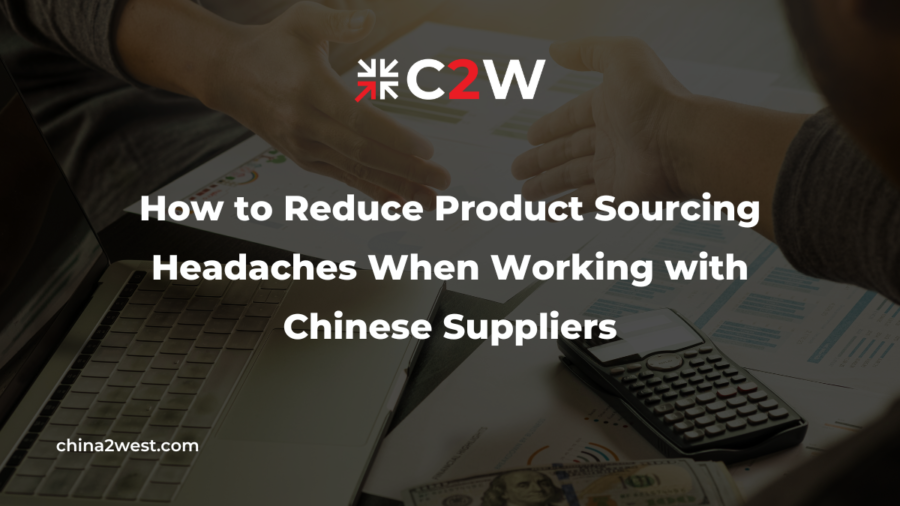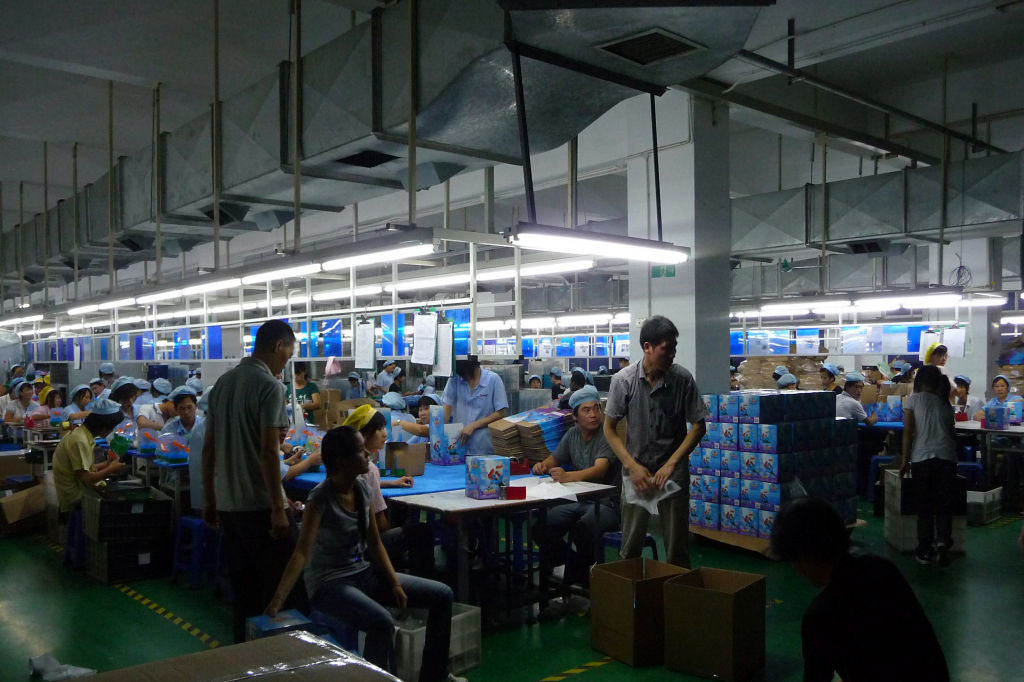In today’s globalized world, importing products from China has become increasingly common due to its cost-effectiveness and wide range of offerings. While many Chinese suppliers provide high-quality goods, there are instances when customers might receive substandard products that fail to meet expectations. Dealing with such situations can be frustrating, but understanding the right steps to take can help you resolve the issue effectively. Fortunately, there are some steps you can take to reduce the damage and ease the process of sourcing from China. In this blog, we will explore what to do when you receive poor-quality products from China and how to protect your interests.
Common Product Sourcing Challenges with Chinese Suppliers
When sourcing products from China, businesses often encounter several challenges. Some of the most common problems include poor–quality products, delayed shipments, and miscommunication.
One major issue is that it can be difficult to find reliable and trustworthy Chinese suppliers. While there are many reputable suppliers in China, there are also a lot of scammers and counterfeiters. It can be tough to differentiate between the two and make the right choice for your business. This is where a sourcing agent can come in handy.
Another problem is the language barrier. English is not widely spoken in China, so communication can be challenging. This can lead to misunderstandings and mistakes in orders. To overcome this, businesses should consider hiring a translator or using translation software when communicating with Chinese suppliers.
Finally, cultural differences can also cause problems. Chinese business practices may differ from those in Western countries, and it’s important to understand these differences to work effectively with suppliers. Overall, it’s important to be aware of these challenges and take proactive steps to address them when working with Chinese suppliers.
Communication and Documentation
Due to cultural differences and language barriers, communication can be difficult, but it is necessary for successful cooperation. Clear communication can prevent misunderstandings, delays, and errors.
One effective way to ensure communication is by having clear and concise documentation, including emails, phone calls, and any agreements made. Contracts and specifications should be detailed, including specific requirements for materials, production processes, packaging, and delivery schedules. Confirm all agreements in writing and save them for future reference. This ensures that all parties understand what is expected, and that the supplier has a clear reference point to refer to.
In addition, make sure to communicate regularly with your supplier. Provide feedback and ask questions when necessary. When working with a new supplier, set up video conference calls to discuss expectations and clarify any questions that might arise.
Request Samples
Samples are a crucial tool that enables you to assess the quality of a supplier’s products before committing to a bulk order. When requesting samples, it’s important to specify your exact requirements and the standards you expect. This can include factors such as product specifications, materials used, packaging, and shipping arrangements. Additionally, it’s advisable to request multiple samples from different production batches to ensure consistency.
It’s worth noting that some Chinese suppliers may try to pass off their best quality products as samples, so it’s important to scrutinize the sample and perform tests where possible. This could involve assessing the durability, functionality, and overall quality of the product.
Third-Party Inspection
A third-party inspection company can help you identify potential quality issues before they become a major problem and can help you enforce your supplier’s quality standards.
When selecting a third-party inspection service, be sure to choose a company with experience in your specific industry or product type. The inspection process should involve both pre-production and post-production inspections, with the pre-production inspection focused on the supplier’s capability and quality management system, and the post-production inspection focusing on product quality.
After the inspection, the third-party inspector should provide you with a comprehensive report that details any issues found and recommends corrective actions. This report can be used to communicate with your supplier, negotiate refunds or rework, or find alternative suppliers.
Legal Agreements and Contracts
When creating a contract with your Chinese supplier, there are a few key areas to consider. Firstly, it’s important to clearly define the scope of work that the supplier will be undertaking. This includes specifying the quantity, quality, and delivery schedule of the products.
Secondly, it’s important to address issues such as payment terms, warranties, and intellectual property rights. It’s crucial to ensure that the contract includes clauses that protect your intellectual property rights, as well as penalties for any breaches of the agreement.
Finally, it’s important to specify dispute resolution mechanisms if something goes wrong. This can include clauses that require the parties to enter into mediation or arbitration to resolve any disputes, rather than resorting to costly and time-consuming litigation.
Alternatives to Directly Sourcing by Yourself
Expanding your product range by sourcing from China can be a cost-effective strategy. However, if you are new to the market, working with a sourcing company can provide valuable guidance and support throughout the process. Sourcing companies can simplify the complex task of finding suppliers and negotiating deals, leveraging their local expertise to bridge communication and cultural gaps between you and the suppliers.
If you are considering sourcing products from China and need assistance, China 2 West appears to be one such option. With experience in working with Western businesses, we have been offering comprehensive services since 2005. Our services include product sourcing, manufacturing, quality control inspection, and distribution in the Greater Bay Area of Southern China. Partnering with us can streamline your sourcing journey and ensure a smoother experience in the Chinese market. Our team is dedicated to helping your project succeed. To learn more about how we can support your business, please do not hesitate to contact us today.


